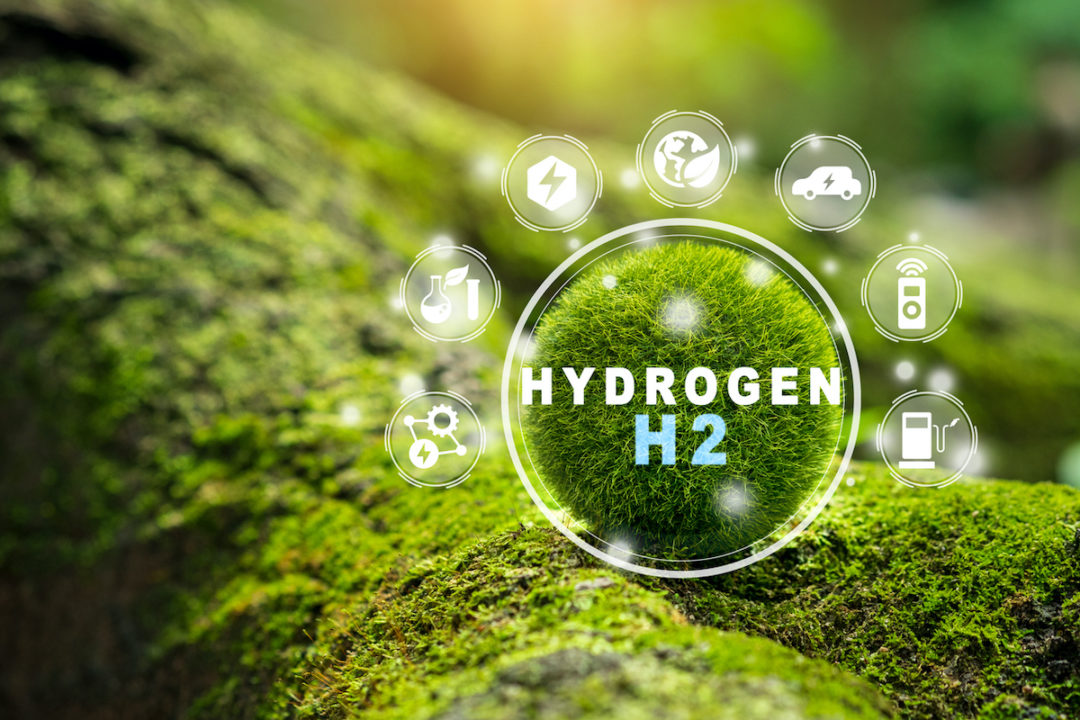
Photo: iStock.com/Khaosai Wongnatthakan
Germany Will Rely Heavily on Hydrogen Imports in Light of Updated Strategy
Germany will have to import up to 70% of its hydrogen in the future if it hopes to become climate-neutral by 2045, following an update to the country's National Hydrogen Strategy.
As part of the strategy update July 26, the country increased its target capacity for domestic electrolysis — the process of using electricity to split water into hydrogen and oxygen — from 5 gigawatts by 2030 to at least 10 gigawatts. The plan also aims to create a network of more than 1,800 km of converted and newly built hydrogen lines across Germany by either 2027 or 2028, with outputs expected to be connected to customers by 2030.
Despite the domestic electrolysis capacity increase, Germany will still need to import between 50% and 70% of its hydrogen to meet the demands mapped out in the National Hydrogen Strategy, according to Reuters. In a statement, the German government said it is currently developing a separate plan for importing hydrogen.
“Hydrogen is an essential part of the energy transition and indispensable for successful climate protection. It is important that we make the hydrogen market ramp-up in a sustainable and environmentally-friendly way right from the start,” said Germany’s Federal Minister for the Environment, Nature Conservation, Nuclear Safety and Consumer Protection, Steffi Lemke. “Therefore, in the update of the National Hydrogen Strategy, the Federal Government has set the goal of achieving a reliable supply of green, long-term sustainable hydrogen for Germany and has committed itself to ambitious sustainability standards for hydrogen and its derivatives, both for domestic production and especially for imports.”
The government approved the revised strategy following agreements from Germany’s five core departments for hydrogen: the Federal Ministry of Economics and Climate Protection, the Federal Ministry for the Environment, Nature Conservation, Nuclear Safety and Consumer Protection, the Federal Development Ministry, the Federal Ministry of Transport and the Federal Research Ministry.
